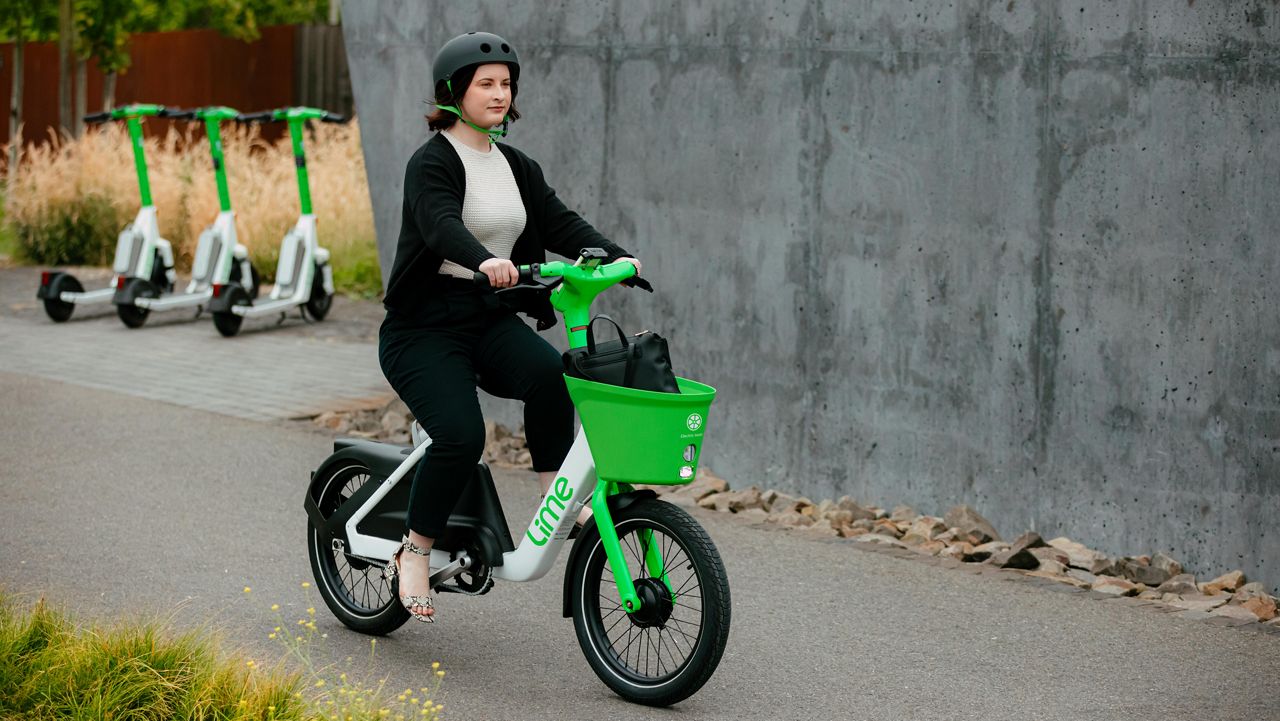CHARLOTTE, N.C. — Charlotte-Mecklenburg Animal Care & Control is in crisis mode. With more dogs coming in than the shelter can get adopted or fostered out, euthanasia rates are up 16.5% in 2023 compared to this time last year.
Melissa Knicely is the communications manager at CMPD Animal Care & Control. Knicely says for the past two years, the shelter has been getting an overwhelming amount of stray and lost dogs.
She says on average, 70% of the dogs they have at any given time are the breeds on "restriction lists" for many apartment complexes.
"It is overwhelming. Our kennels have been constantly full," Knicely said.
Animal Care & Control reached out to the community for help on April 6, saying the shelter was full, and encouraged the community to foster, adopt or take in dogs for a five-day staycation. Knicely says it worked, but was not enough to provide much relief.
Numbers from the shelter show from April 6 to April 13, 102 dogs were adopted, returned to their owner or transferred out to another agency. In that same time frame, 109 dogs were taken in by the shelter.
"If you are thinking about adopting a dog ...the time [is] now because you have so many available. You know, you've got a wide selection, but also it's really, truly saving a life," Knicely said."If you are thinking about adopting a dog ...the time [is] now because you have so many available. You know, you've got a wide selection, but also it's really, truly saving a life," Knicely said.
From January to March of this year, Animal Care & Control took in 895 dogs, a 12.4% increase from the year before for the same time period.
In that window, the shelter euthanized 211 dogs, a 16.5% increase from 2022.
"It's really, really hard for the staff and the volunteers here that have worked with those animals. It's the last thing that we want to happen," Knicely said.
She says in an ideal situation, most of their adoptable dogs would be fostered in households and adoptions would happen from one home to another. That would make room in the shelter for more dogs with behavior or medical issues. It would also reduce kennel stress on dogs.
"If you can help, you can foster, you can do staycations on the weekends, or you're ready to adopt, come down right away because we're going to be in this crisis mode for the foreseeable future." Knicely said.
Knicely says if you find a stray dog, the best thing you can do to help is try to find the owner on your own. You can check the dog for a microchip at one of the county's microchip checkpoint partners, check the dog for an I.D collar and post on social media.









